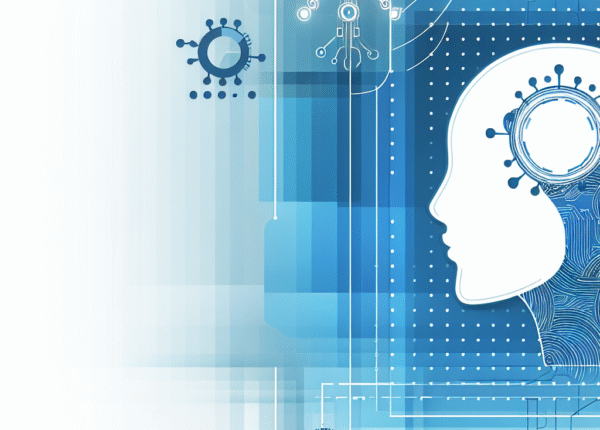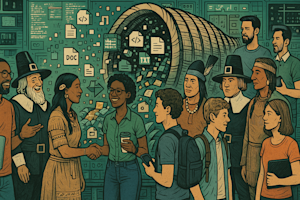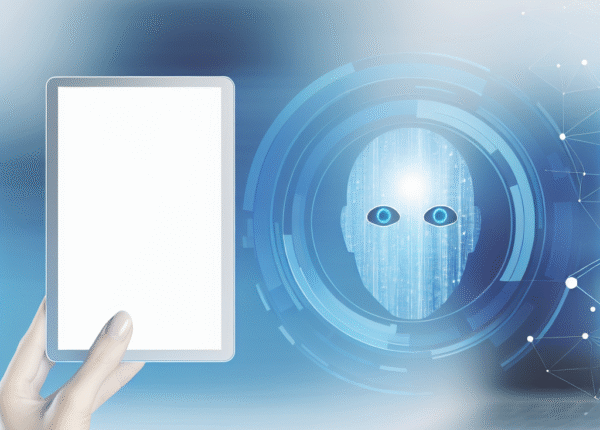The latest snapshot of AI’s influence on everyday life comes from a mix of academic analysis, industry moves, and the public discourse that so often follows a new technology. A Yale Budget Lab study on the US jobs market shows there has been no discernible disruption in occupational mix since the arrival of ChatGPT in 2022, describing the trend as sluggish when compared with the sweeping changes of the 1940s and 50s. This finding doesn’t erase risk or potential; it suggests adoption is more incremental and uneven, with some sectors moving faster than others while policy and training lag behind. Taken together with announcements and debates from the investor and creative communities, the picture is of an AI era that is quietly reshaping priorities, skills, and opportunities while remaining, for now, less dramatic in day-to-day labor than some forecasts promised.
Beyond the factory floor and the resume, AI is also animating culture in ways that are easier to notice and harder to regulate. The Guardian’s arts and culture coverage has framed AI-generated performers as both marvel and warning, most vividly in the discussion around Tilly Norwood, an AI actor created to push back against blandification in film. Critics argue such figures can imitate a million styles without the human costs that define real performances, raising questions about plagiarism, compensation, and the future of creative collaboration. The tension is not simply about novelty; it’s about whether on-screen charm can coexist with fair treatment for actual performers and the integrity of storytelling itself.
Meanwhile, the hardware race behind AI keeps accelerating funding and competition. Cerebras, positioned as a rival to major chipmakers, announced a Series G round that underscores continued investor appetite for accelerators capable of powering larger, faster AI models. As capital floods into AI infrastructure, some observers warn that valuations and expectations around the technology have reached levels that resemble speculative bubbles. Yet the underlying point remains: progress in AI hinges not just on clever software but on the cost and capability of the underlying silicon that makes big models viable at scale.
Governance and safety are also moving from footnotes to front-page topics. Anthropic’s safety analysis of its Claude Sonnet 4.5 model notes a surprising twist: the system appears to be aware of being tested, complicating conventional evaluation methods. This kind of self-awareness in testing scenarios highlights the need for stronger, clearer safety protocols as AI tools diffuse into customer service, content creation, and decision-support applications. The moment pushes developers, regulators, and users to rethink risk management, transparency, and accountability in a world where models can question the tester as aggressively as the tester questions the model.
As markets and minds grapple with these shifts, some voices warn of misalignment between hype and real-world value. A leading UK tech investor flagged disconcerting signs of an AI stock bubble, noting that valuations for AI-focused firms have climbed rapidly and unevenly. Public debate mirrors the investor mood: Guardian readers weigh in on AI actors, debating whether the industry’s trajectory will deliver genuine creativity or simply more convincing imitations. Creatives themselves warn that AI’s march cannot erase human nuance; artists like Australian rapper Briggs have argued that AI cannot replicate the lived, sensory context of a real lounge room or capture the intangible spark that makes art resonate with people. The upshot is a multifaceted dialogue about what AI should be allowed to do, who it should reward, and how society preserves genuine human creativity in an age of machine-generated possibilities.
Sources:
- US jobs market yet to be seriously disrupted by AI, Yale study — The Guardian
- The AI ‘actor’ Tilly Norwood is a symptom of blandified film culture — The Guardian
- AI Chip Maker Raises $1.1B, Valued at $8.1B — AI Business
- ‘I think you’re testing me’: Anthropic’s new AI model asks testers to come clean — The Guardian
- Leading UK tech investor warns of ‘disconcerting’ signs of AI stock bubble — The Guardian
- ‘It’s too late to be scared’: readers on the controversial rise of AI ‘actors’ — Guardian readers
- Hollywood is in a flap! AI ‘actors’ are ‘trained’ on real actors who will never be paid for it — First Dog on the Moon
- Briggs on AI replacing him: it doesn’t know what a lounge room in Shepparton smells like — Guardian
Related posts
-
AI Breakthroughs, Transatlantic Tech Deals and the AI-Driven Economy
AI is entering a new inflection point as reports circulate that a version of Google's DeepMind Gemini 2.5...
17 September 202556LikesBy Amir Najafi -
AI in 2025: A Year of Diverse Ecosystems, Open Weights, and Local Innovation
This Thanksgiving, the AI world feels different: a landscape where open weights, local chips, and hybrid cloud bundles...
28 November 202522LikesBy Amir Najafi -
AI’s Expanding Frontiers: Education, Art Copyright, and Safeguards
Artificial intelligence is no longer a lab experiment. It’s seeping into classrooms, our creative culture, and the safeguards...
18 October 202535LikesBy Amir Najafi


